
Long-term data from the phase 3 DAYBREAK trial affirmed sustained efficacy of ozanimod for relapsing forms of multiple sclerosis, with a high amount of patients who were relapse-free at 6 years.

Long-term data from the phase 3 DAYBREAK trial affirmed sustained efficacy of ozanimod for relapsing forms of multiple sclerosis, with a high amount of patients who were relapse-free at 6 years.
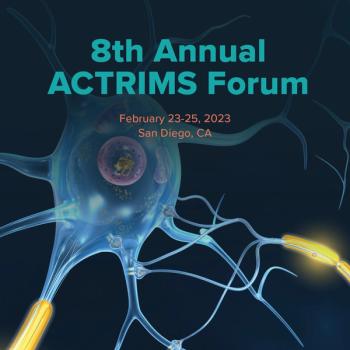
As a recap from ACTRIMS 2023, get caught up on some of the latest news in multiple sclerosis as the NeurologyLive® team shares some of our data updates.
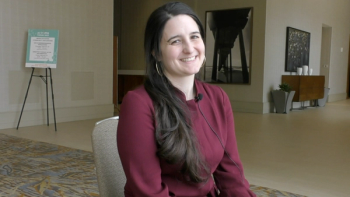
The staff neurologist from the Mellen Center for MS Treatment and Research at the Cleveland Clinic discussed how patients with multiple sclerosis are more open to using telehealth for accessing their healthcare providers at the 2023 ACTRIMS Forum. [WATCH TIME: 4 minutes]
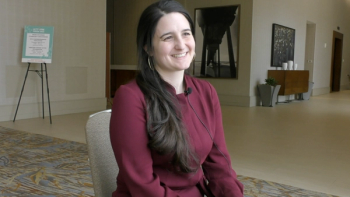
At the 2023 ACTRIMS Forum, the staff neurologist from the Mellen Center for MS Treatment and Research at the Cleveland Clinic talked about the lack of trust and engaging more with the MS community. [WATCH TIME: 5 minutes]
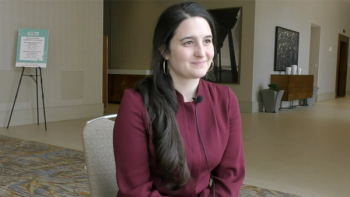
The staff neurologist at the Mellen Center for MS Treatment and Research at Cleveland Clinic, spoke at the 2023 ACTRIMS Forum about disparities in care access for patients with MS. [WATCH TIME: 5 minutes]

An ad hoc analysis of patients from a pair of phase 3 clinical trials and an open-label extension suggest that more than 5 years of treatment with ozanimod (Zeposia; BMS) was safe, without differences in age groups.

Test your neurology knowledge with NeurologyLive®'s weekly quiz series, featuring questions on a variety of clinical and historical neurology topics. This week's topic is the history of ACTRIMS.
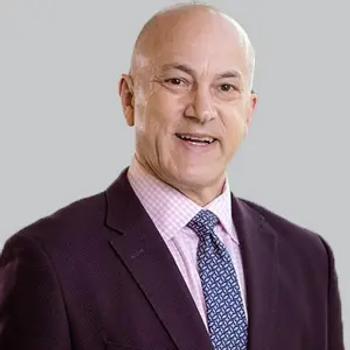
Results from the open-label SAkuraMoon study show consistent relapse freedom in satralizumab-treated patients with aquaporin-4-IgG-seropositive NMOSD.

A preclinical assessment of evobrutinib showed it demonstrated superior efficacy in targeting compartmentalized neuroinflammation in multiple sclerosis compared with anti-CD20 treatment.
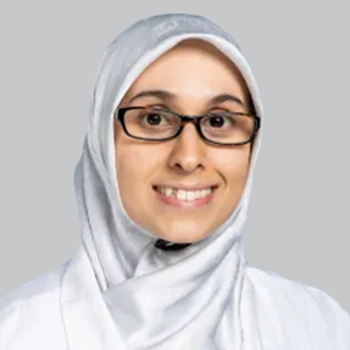
An analysis of patients with MOGAD showed that only 50% of those treated with various immunotherapies over a long-term period maintained relapse-free status.

Secondary findings from a phase 3 study demonstrate a significant decrease in new T1 enhancing lesions and new enlarging hyperintense T2 lesions in patients with multiple sclerosis undergoing glatiramer acetate depot treatment.

Study results suggest that selected interventions should be based on phenotypic differences and treatment goals.

Majority of patients with relapsing multiple sclerosis demonstrated achieving and maintaining no evidence disease activity after being treated with ublituximab.
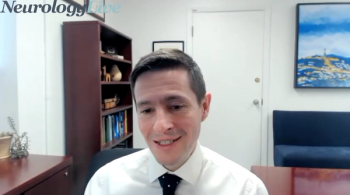
The program committee vice-chair of ACTRIMS discussed the continued efforts to understand inflammation and neurodegeneration of multiple sclerosis. [WATCH TIME: 3 minutes]
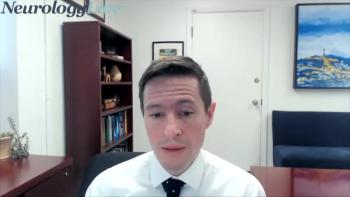
The program committee vice-chair of ACTRIMS provided perspective on the upcoming forum, including the notable sessions, themes, and presentations the clinical community should be aware of. [WATCH TIME: 7 minutes]

Daniel Ontaneda, MD, program committee vice-chair of ACTRIMS, provided insight on the notable sessions and themes clinicians should pay attention to at this year’s forum, which takes place February 23-25, in San Diego, California.